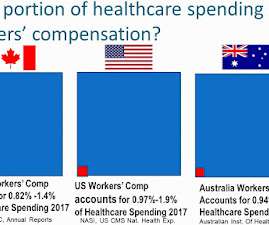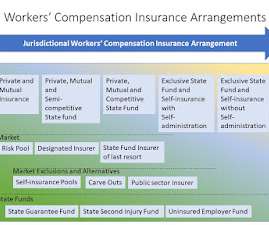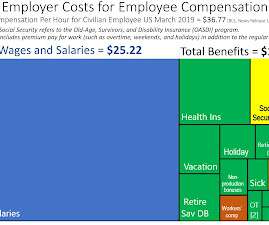Top 10 Appellate Decisions During the 100 Years of NCCI
The Workcomp Writer
DECEMBER 22, 2023
Heartiest congratulations to the National Council on Compensation Insurance (NCCI) as it celebrates 100 years of service to the workers’ compensation system. Our” system has seen substantial changes over the years and NCCI has deftly adapted along with it. Short-Lived Oklahoma Opt-Out Law Vasquez v. Dillard’s, Inc.,











Let's personalize your content